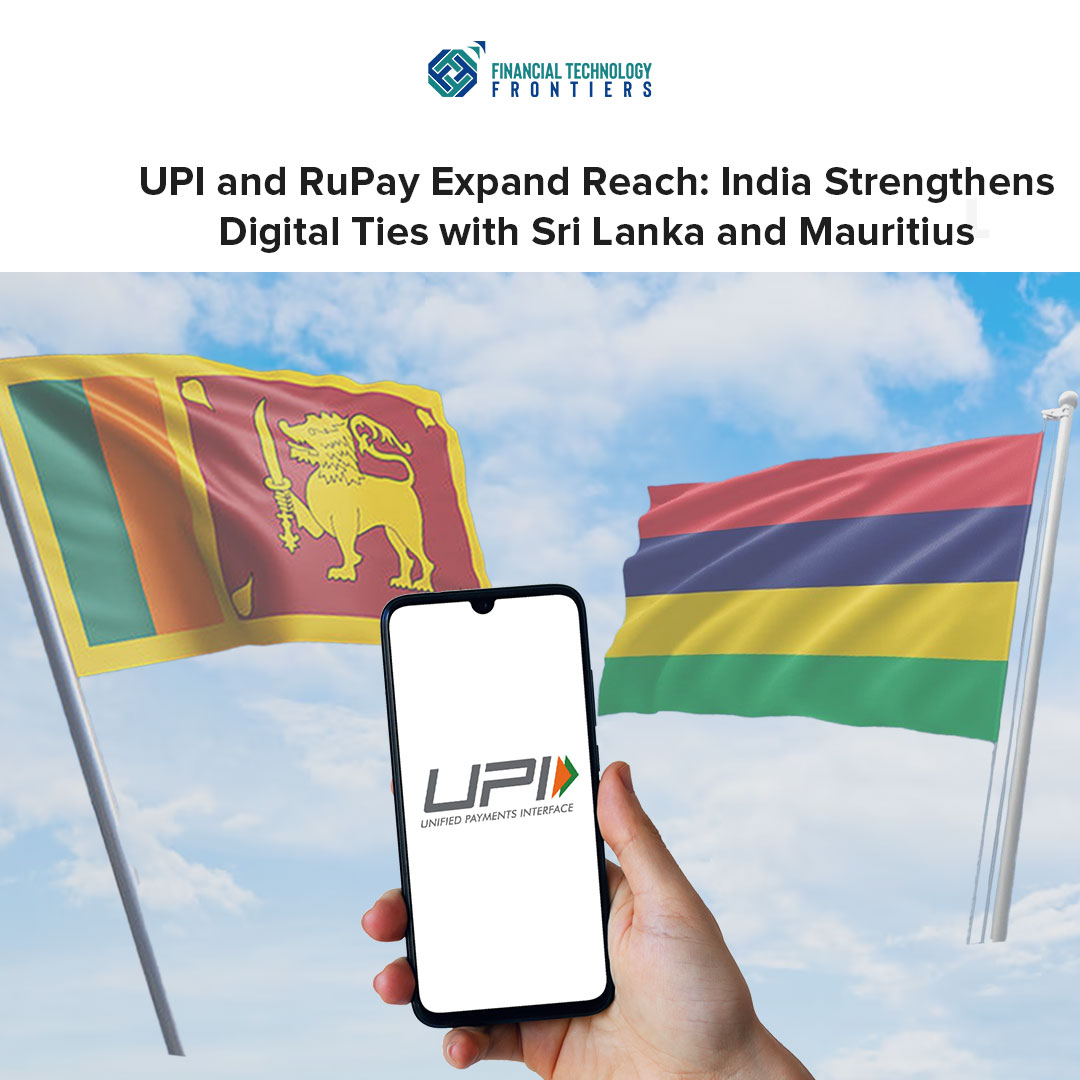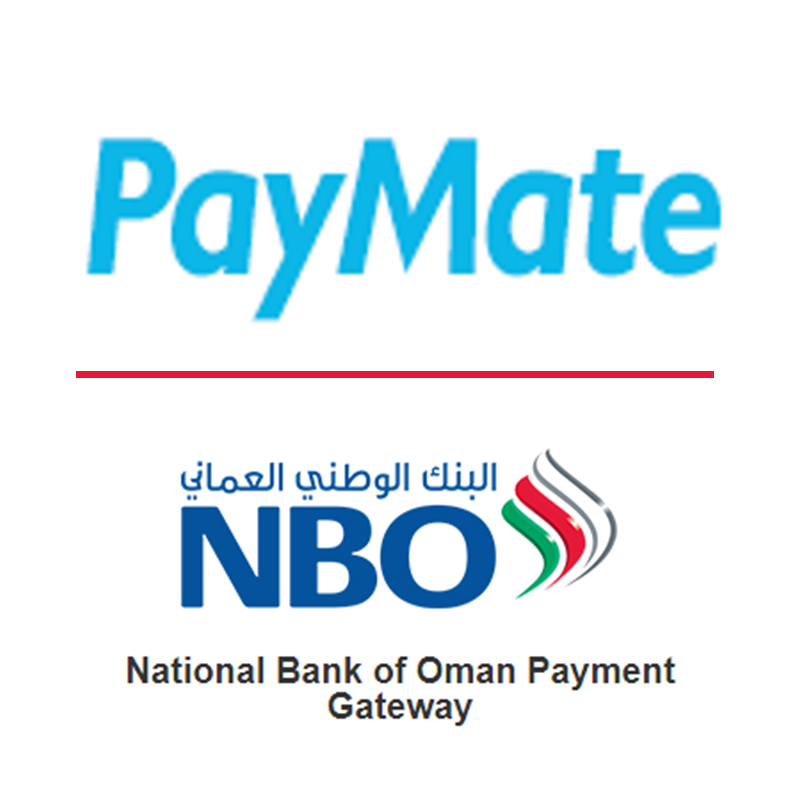
The Bank for International Settlements (BIS), along with central banks from seven major economies, announced a groundbreaking initiative called Project Agorá. This project aims to explore how tokenization technology can revolutionize the global financial system, specifically focusing on improving the speed, security, and efficiency of international payments.
Project Agorá: A Marketplace for Innovation
Named after the Greek word for “marketplace,” Project Agorá signifies a collaborative effort between central banks and the private sector. It brings together central banks like Bank of France (representing the Eurosystem), Bank of Japan, Bank of Korea, Bank of Mexico, Swiss National Bank, Bank of England and the Federal Reserve Bank of New York. These institutions will work alongside a consortium of private financial firms assembled by the Institute of International Finance (IIF).
Project Agorá builds upon the concept of a unified ledger, previously proposed by the BIS. It will investigate how tokenized commercial bank deposits can seamlessly integrate with tokenized central bank money within a programmable, public-private financial platform. This approach has the potential to streamline the monetary system and unlock new functionalities through the use of smart contracts, all while maintaining the existing two-tier structure.
Smart contracts, self-executing agreements built on blockchain technology, promise to revolutionize how transactions occur. Project Agorá seeks to leverage this technology to enable novel settlement methods and unlock entirely new avenues for financial transactions. These advancements can potentially benefit businesses and individuals alike.
A key focus of Project Agorá lies in addressing the inefficiencies currently plaguing cross-border payments. These challenges arise from a complex web of legal, regulatory, and technical requirements, compounded by differing time zones and operating hours. Additionally, financial integrity controls, such as anti-money laundering and customer verification, often involve repetitive procedures across multiple intermediaries, further hindering efficiency.
Today’s financial landscape is characterized by a multitude of incompatible payment systems, accounting ledgers, and data registries. Project Agorá seeks to explore the development of a common payment infrastructure that seamlessly integrates these elements. This new system, built on a digital core financial infrastructure, could significantly improve overall efficiency.
Project Agorá goes beyond mere technological exploration. The project will test tokenized payments within the specific operational, regulatory, and legal frameworks governing the participating currencies. This real-world testing will involve collaboration with financial institutions operating within those environments.
“Tokenization combines the record-keeping function of a traditional database with the rules and logic that govern transfers,” explains Cecilia Skingsley, Head of the BIS Innovation Hub. “With Project Agorá, we aim to improve existing capabilities and enable new ones, all based on the proven foundations of the two-tier monetary system with central banks at the core.” This approach ensures that advancements in financial technology occur alongside safeguards for the integrity and governance of the monetary system.
The BIS Innovation Hub spearheads projects that are primarily experimental in nature. Their goal is to explore new possibilities and ultimately deliver public goods that benefit the global central banking community. Project Agorá exemplifies this collaborative approach, fostering innovation while prioritizing the stability and security of the financial system.
The BIS will soon issue a call for expressions of interest, inviting private financial institutions to join Project Agorá. The IIF will facilitate this process, acting as an intermediary and convener for private sector participants. Representatives from various regulated financial institutions are expected to participate, with representation from each of the seven currencies involved. Specific details regarding participation requirements and the application process will be released in due course.
Project Agorá marks a significant step towards a more efficient and secure global financial system. By leveraging the potential of tokenization and fostering collaboration between central banks and the private sector, this initiative has the potential to reshape the future of international payments.




